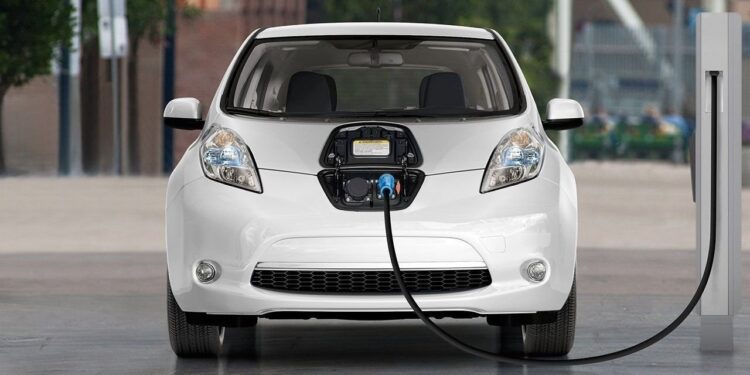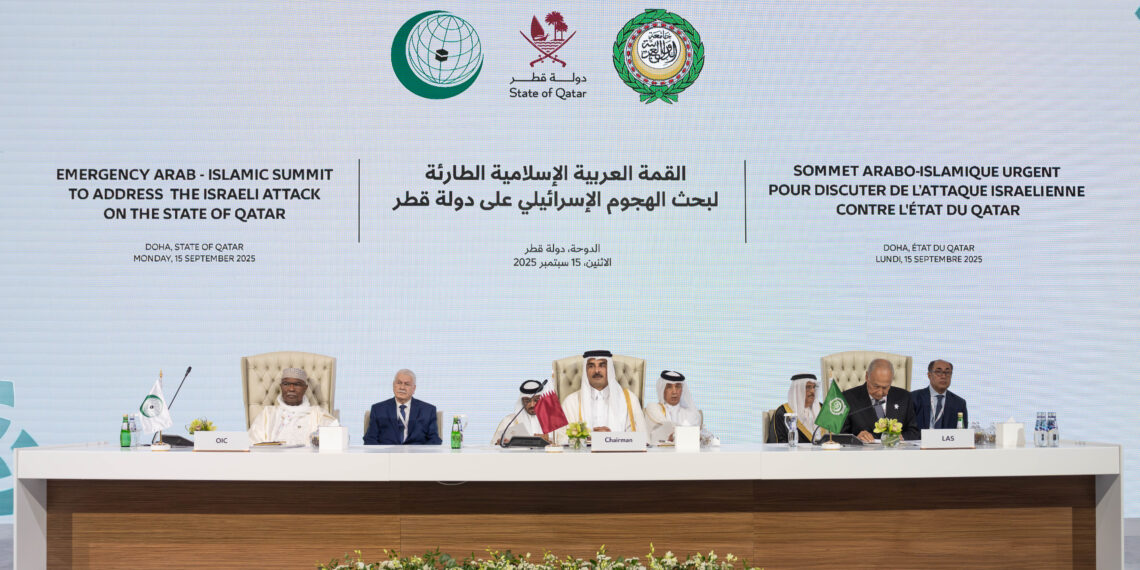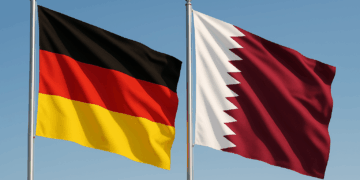Morocco intends to strengthen its position in the automotive industry by increasing its electric vehicle production capacity by 53% in 2025. Moroccan Minister of Industry Ryad Mezzour announced that the goal is to produce a total of 107,000 electric cars by the end of 2025. Currently, the total vehicle production in Morocco amounts to 700,000 units, with expectations to exceed one million vehicles by the end of this year.
The minister emphasized that the automotive industry is one of the main pillars of national economic growth and the country’s most important export sector.
According to data from the Ministry of Industry, this sector created at least 116,000 jobs between 2014 and 2018. By 2019, the number of employees in the industry had risen to over 220,000, with around 250 companies operating in this field.
The ministry pointed out that the automotive industry, regarded as a “strategic sector” of Moroccan industrial policy since the beginning of the 21st century, has experienced double-digit annual growth in employment and exports.
Morocco hosts a strong presence of international companies in this sector, including Renault, Peugeot, and Yazaki.
In this context, the Moroccan Foreign Exchange Office recently reported that automotive exports reached 49 billion dirhams (approximately 5.4 billion USD) by the end of April this year. This represents a slight decrease of about 3.67 billion dirhams (399 million USD) or 7% compared to the same period last year.
According to the data, vehicle manufacturing exports amounted to 17.84 billion dirhams, compared to 22.88 billion dirhams in the previous year’s period. Exports of external vehicle components fell to 1.172 billion dirhams from 1.3 billion dirhams, a decrease of 121 million dirhams or 10.1%.
In contrast, exports of interior components and seats rose by 10.3% to 3.34 billion dirhams, while exports of electric vehicle wiring increased by 1.7% to 18.93 billion dirhams.
Despite this strong performance, Morocco’s automotive industry faces challenges, including the recent decision by the European Union to impose anti-dumping duties on imports of aluminum wheels from Morocco.
In March of this year, the European Commission announced these duties to “protect EU producers and safeguard 16,600 jobs from unfair trade practices,” according to the statement.
In response to this decision, the Moroccan government emphasized that it is exploring all possible options to respond appropriately to these developments. It stressed that the partnership between Morocco and the EU is a “comprehensive partnership” and must not be subject to any “selective approach or unilateral treatment.” The government spokesperson added, “It is essential to find a solution to these issues.”







